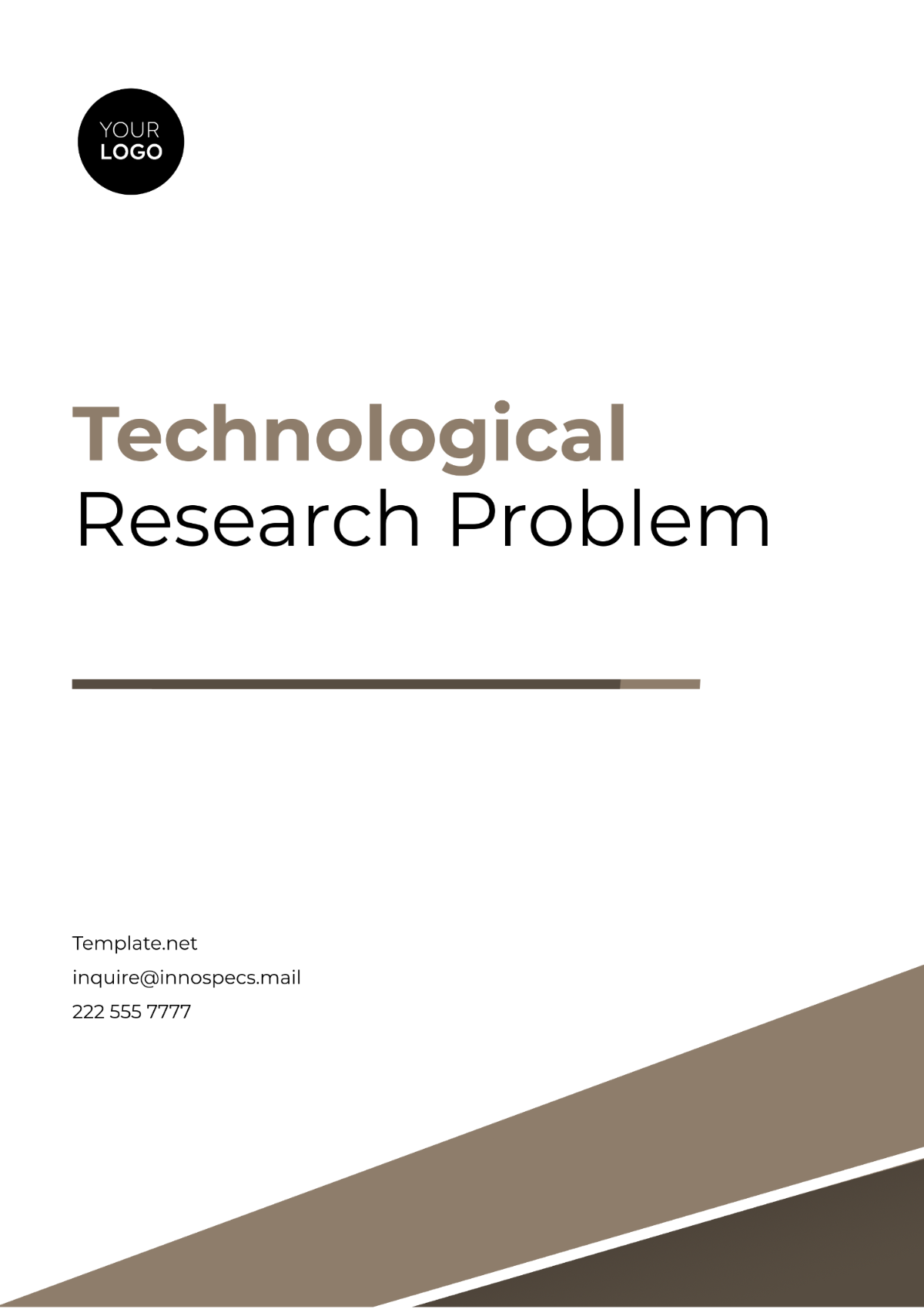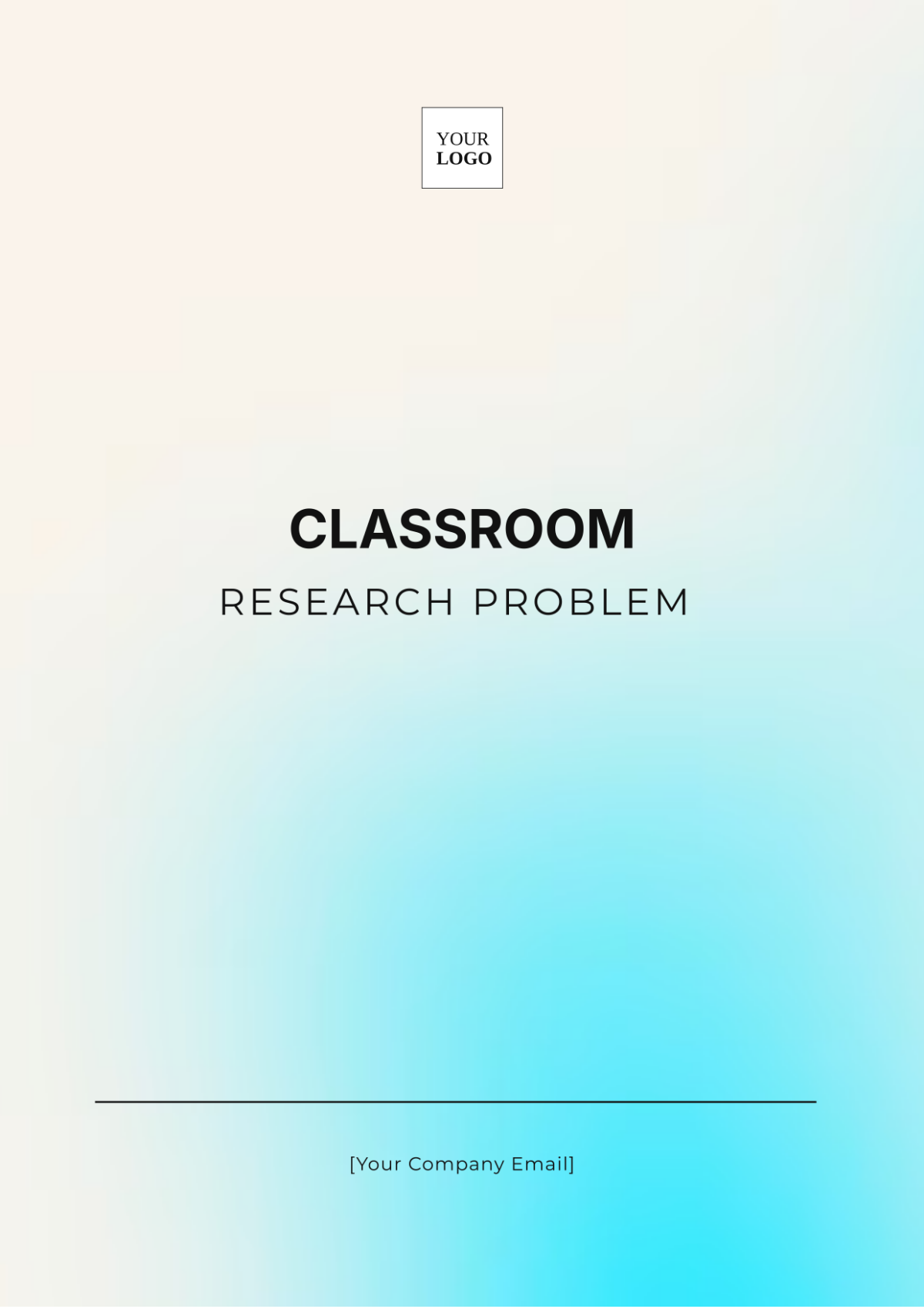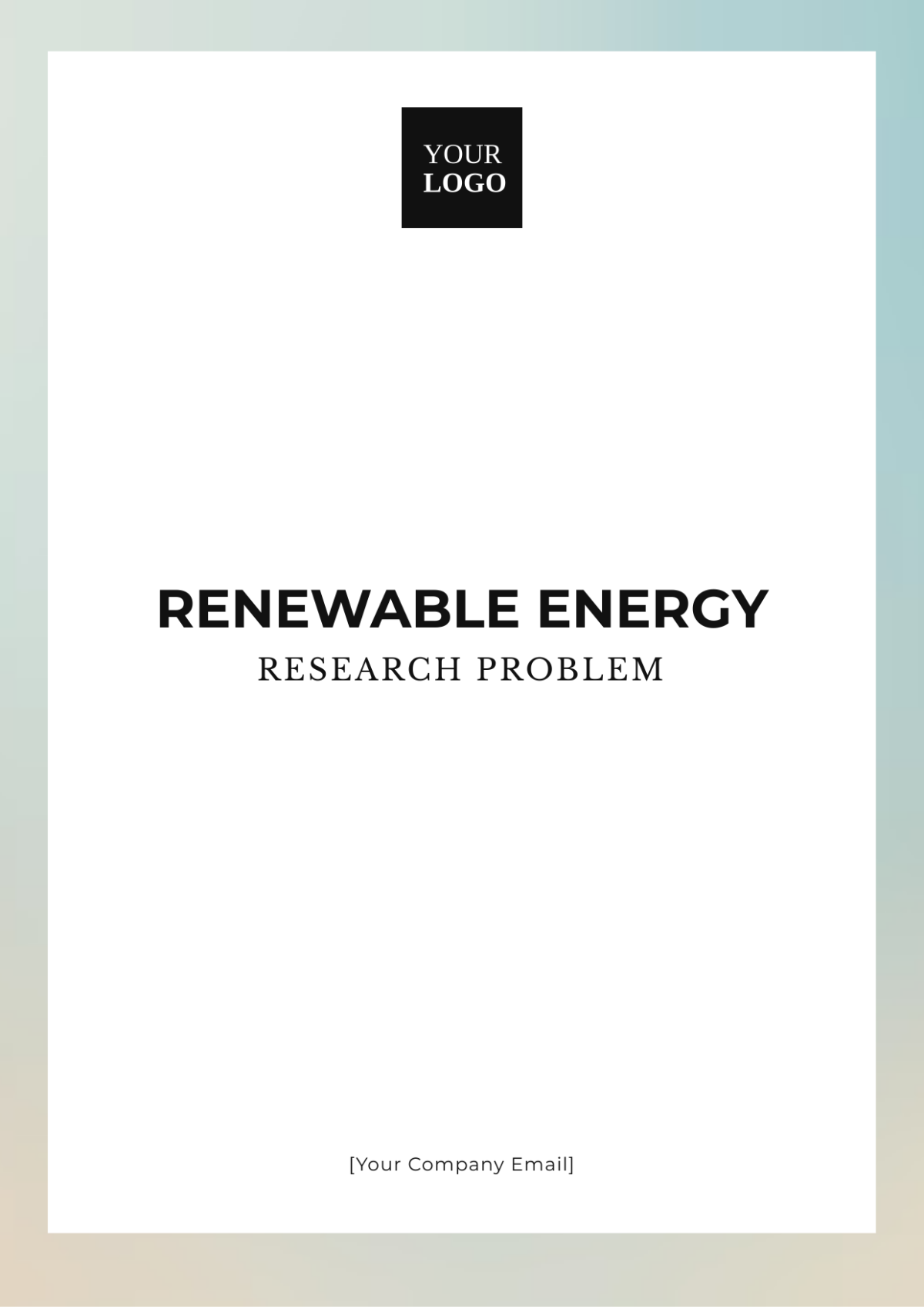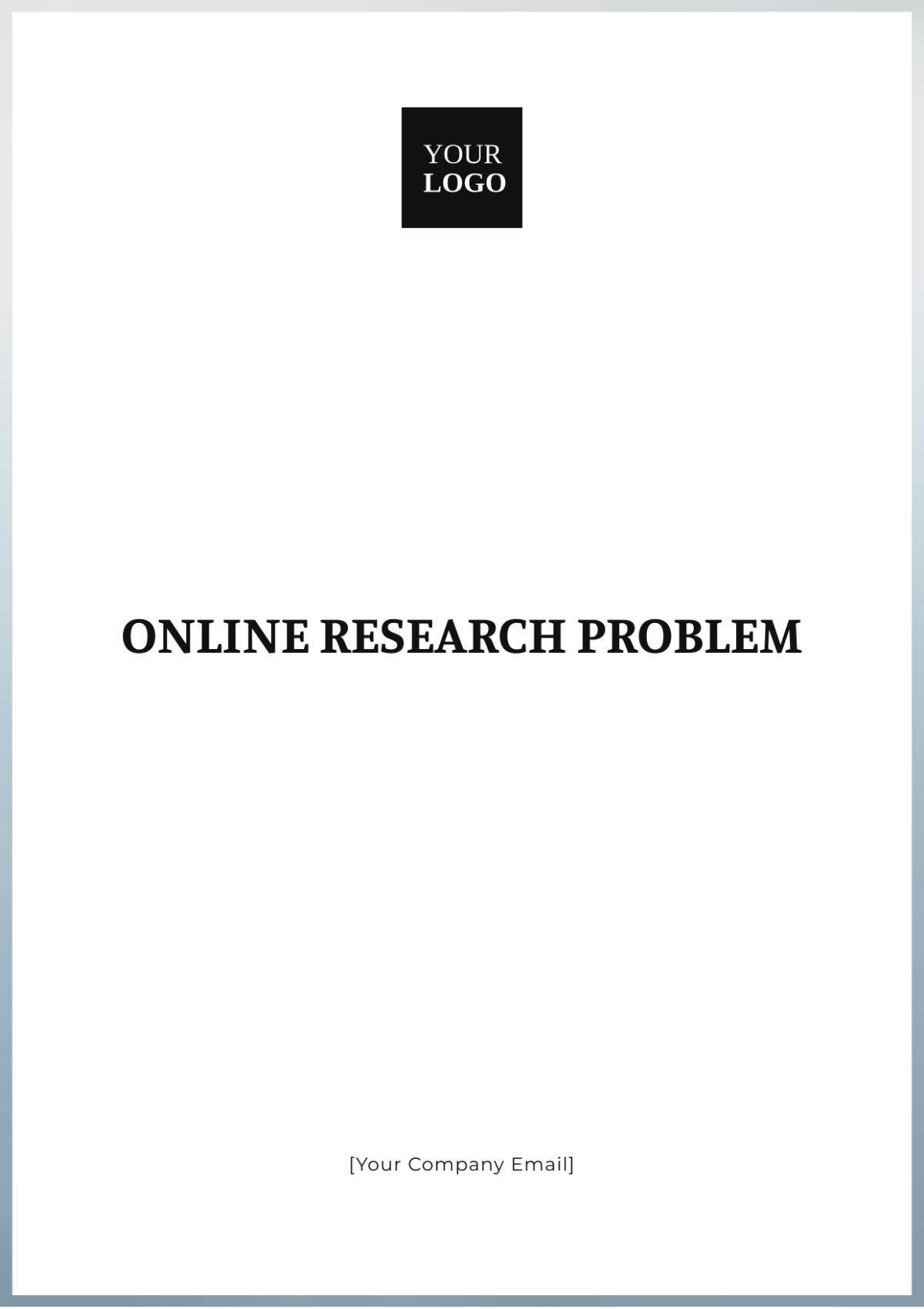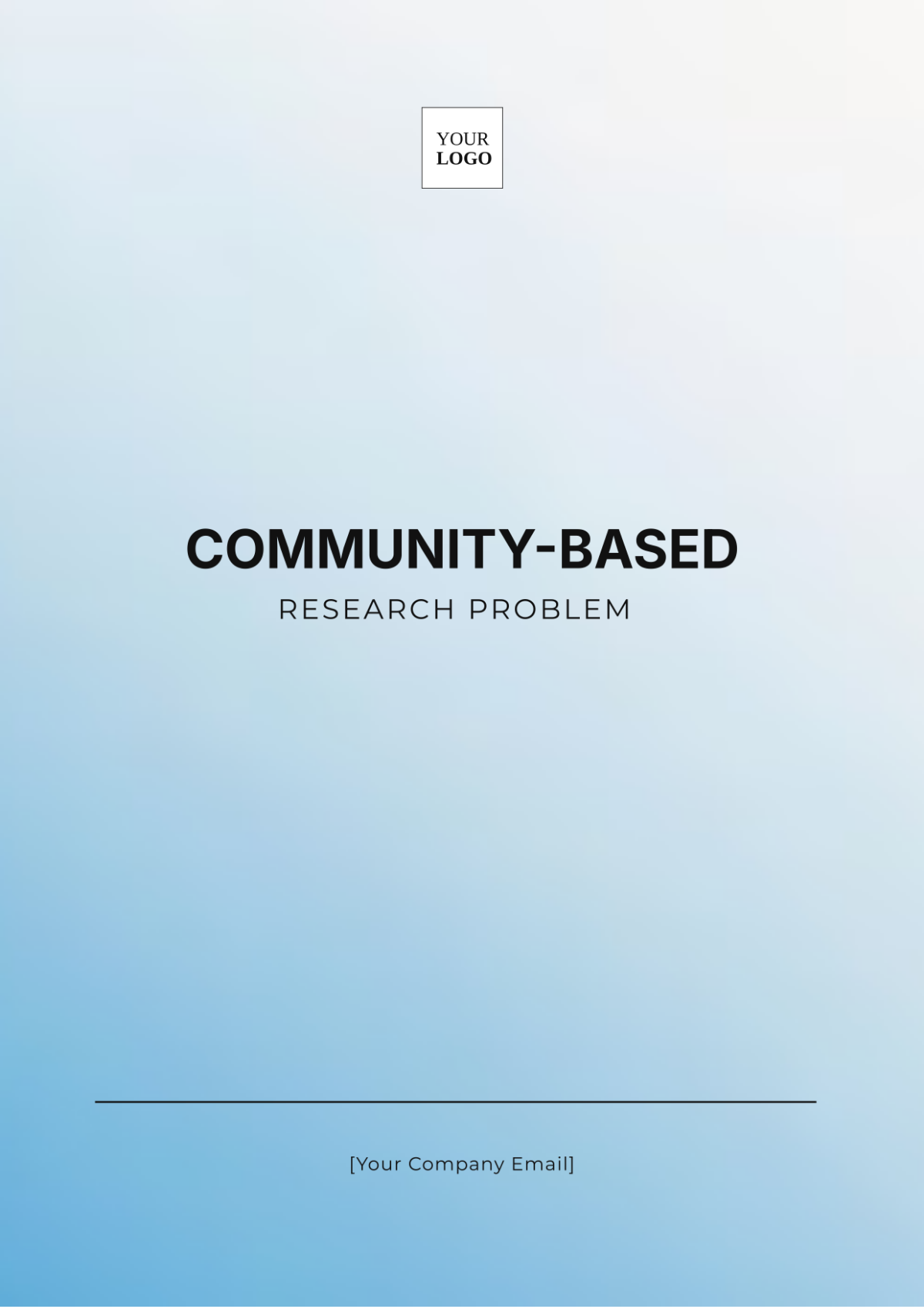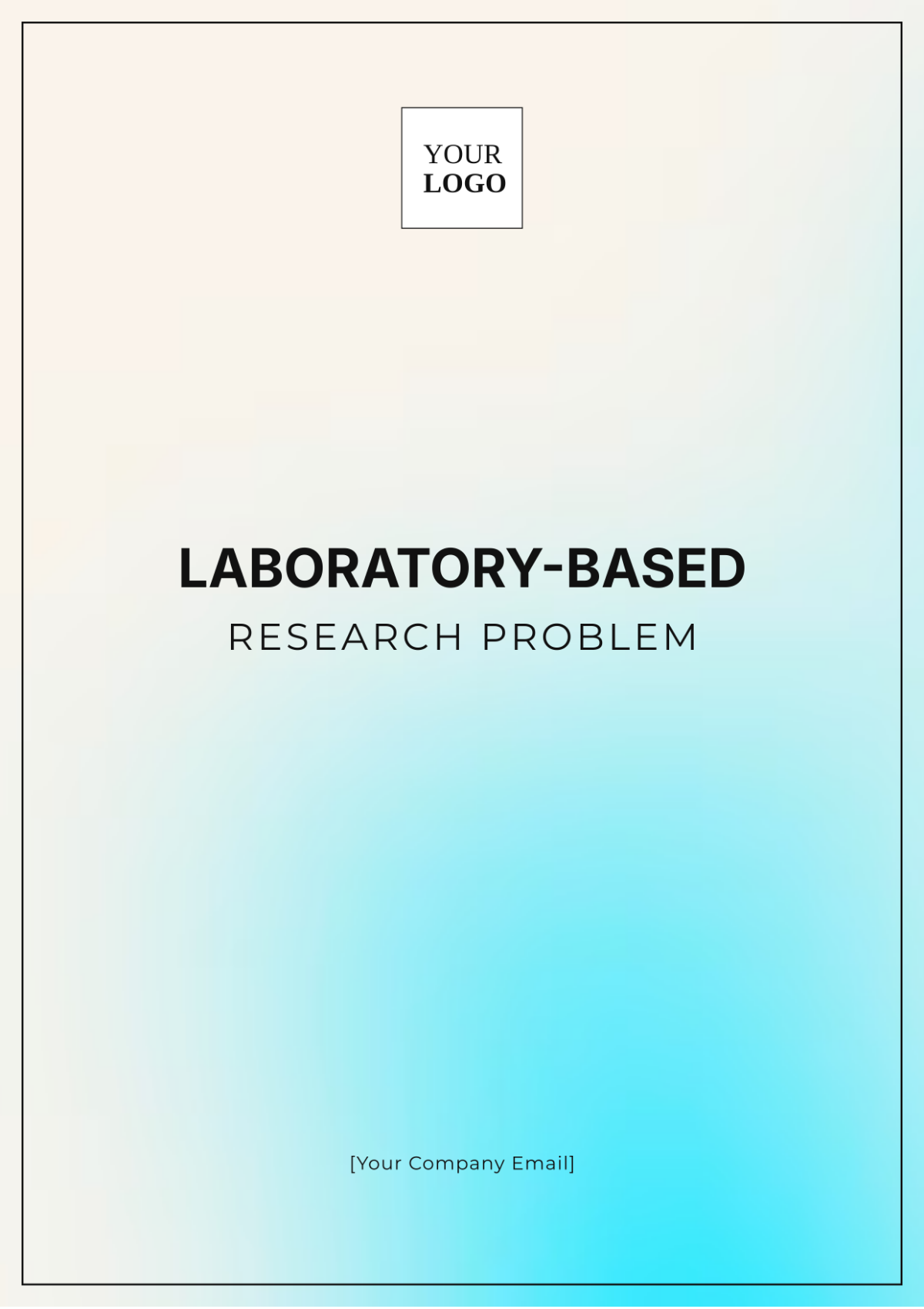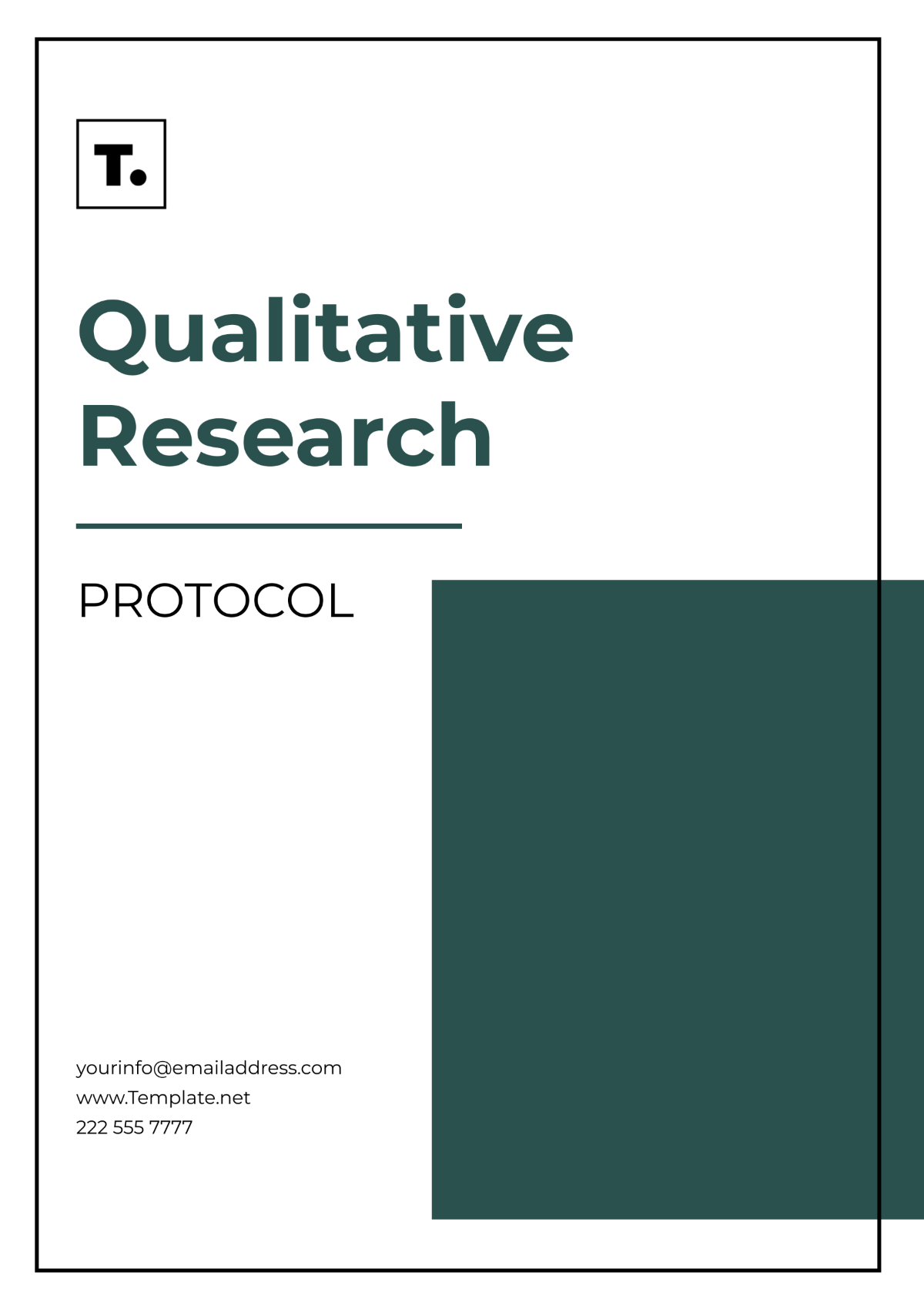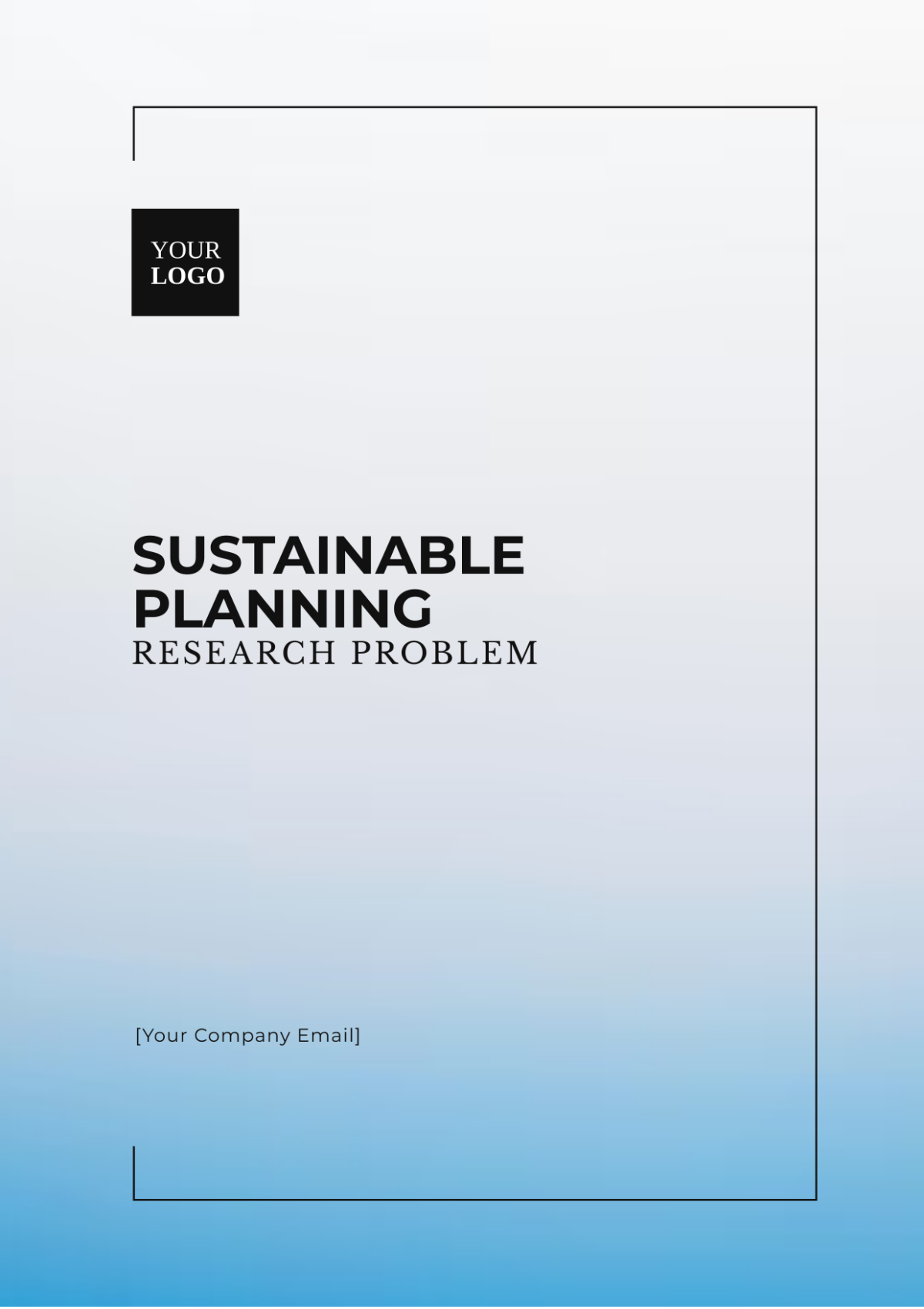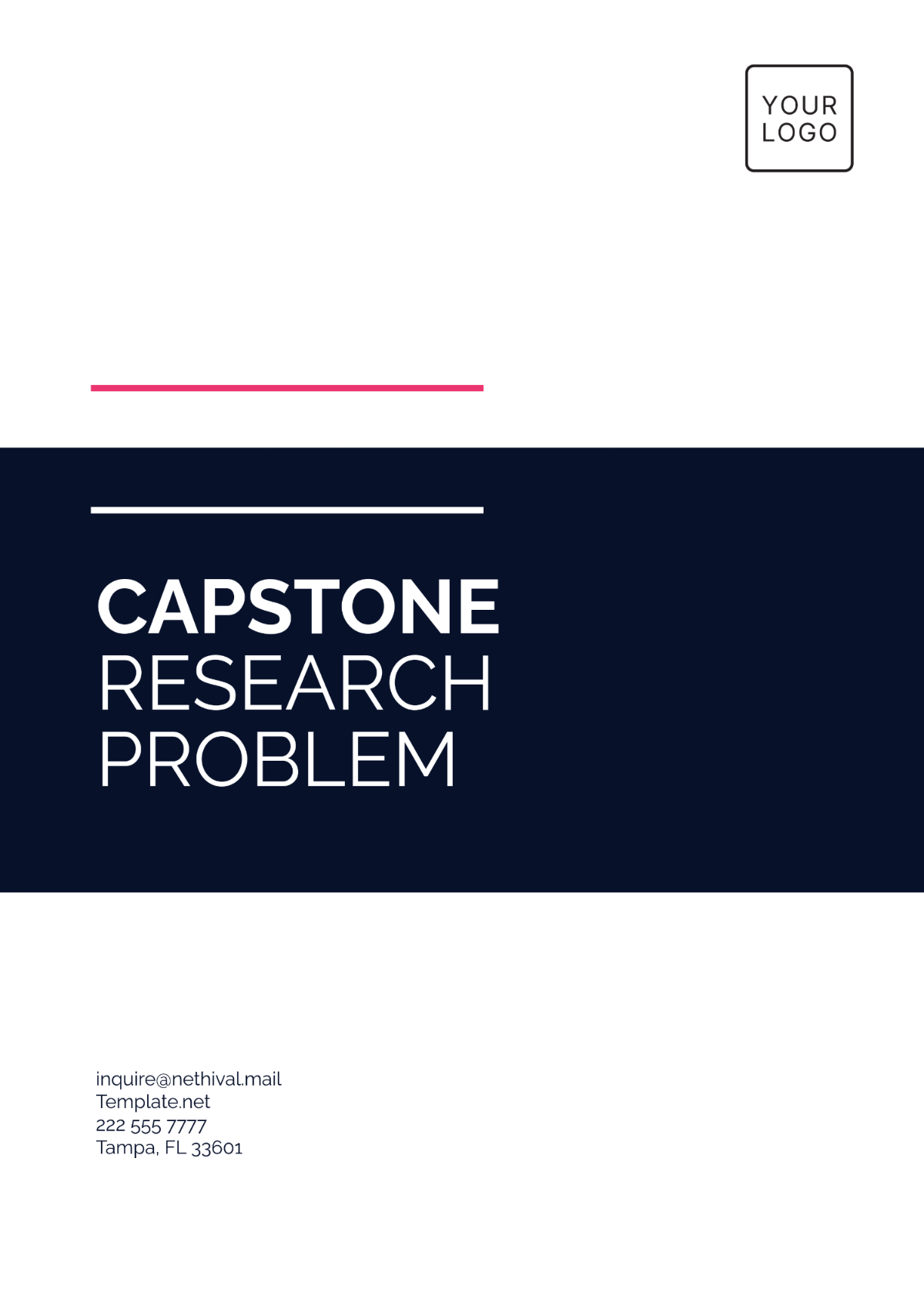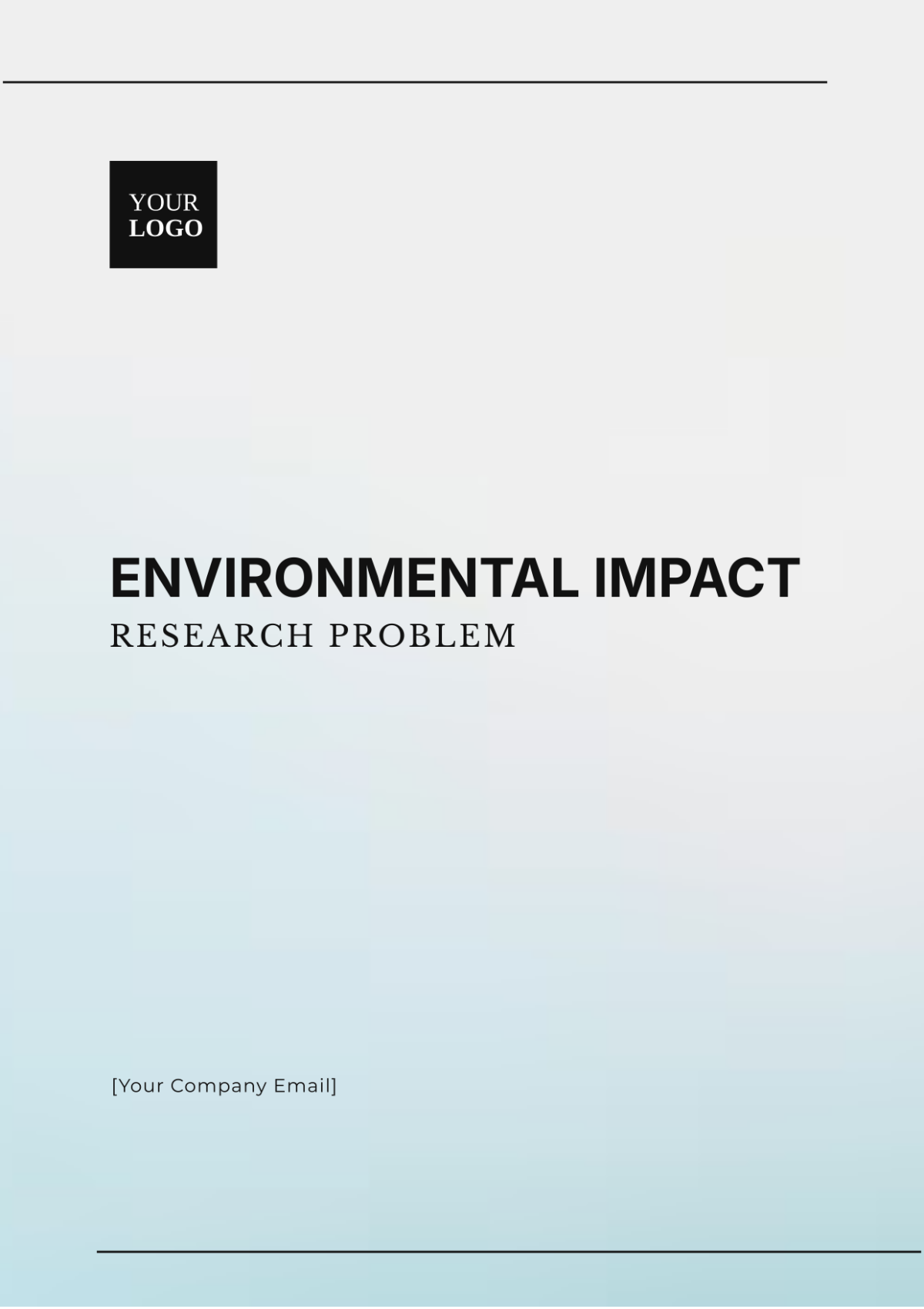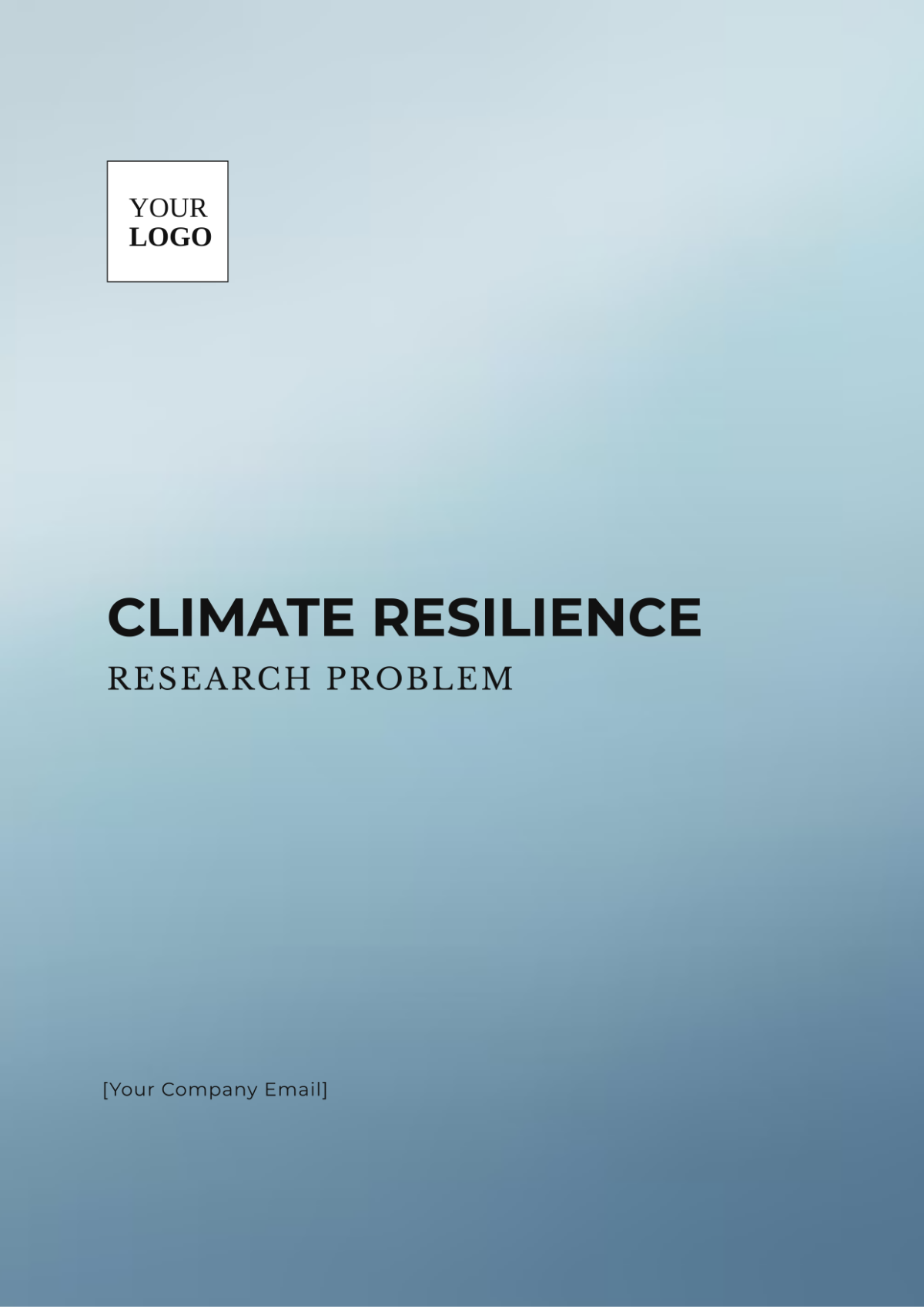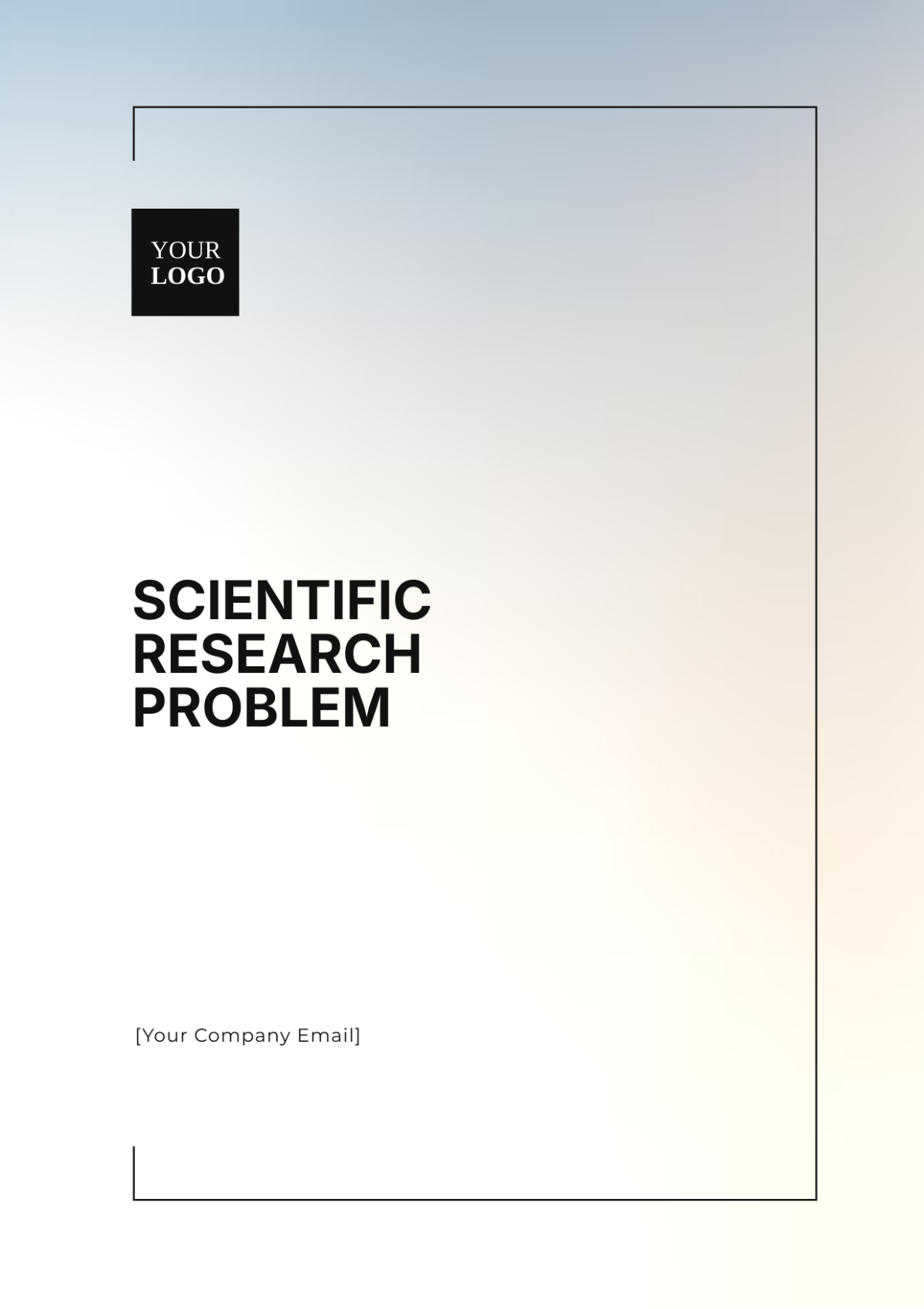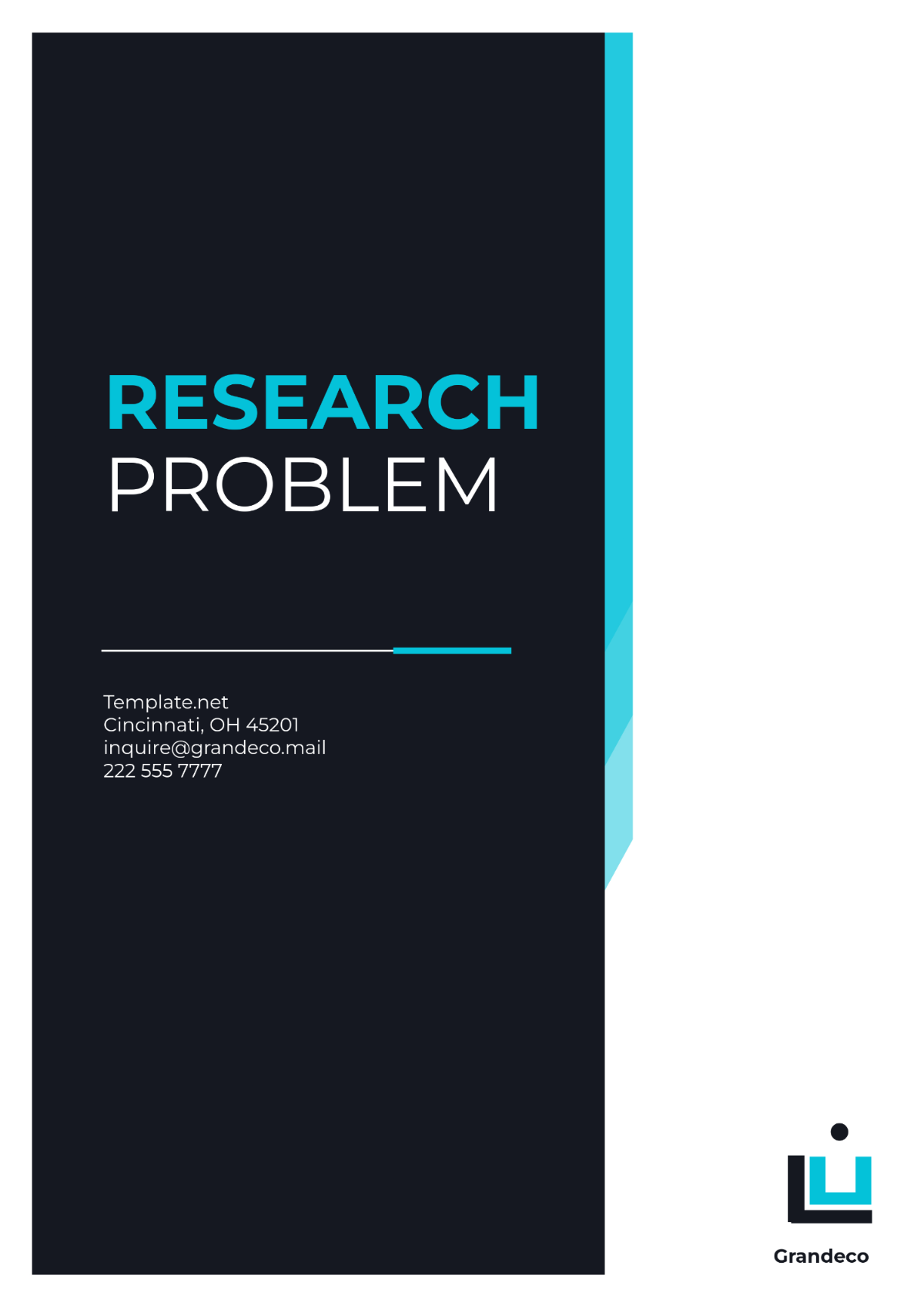Empirical Research
Conducted by: [YOUR NAME]
I. Introduction
In the field of Psychology, empirical research plays a crucial role in testing hypotheses and theories through the collection and analysis of data. This research aims to investigate the impact of social media usage on mental health among adolescents using empirical methods to provide valuable insights into the psychological effects of digital technology. By employing rigorous data collection and analysis techniques, this study contributes to the existing body of knowledge in the field and informs decision-making processes for mental health practitioners and policymakers.
II. Literature Review
A. Overview of Empirical Research Methods
Empirical research relies on systematic observation and experimentation to generate data-driven insights. Various methodologies, such as experimental studies, surveys, and observational research, are commonly employed to gather empirical evidence. These methods enable researchers to test hypotheses, identify patterns, and draw conclusions based on objective data.
B. Previous Studies on Social Media and Mental Health
Previous studies in the field have explored similar research questions related to the relationship between social media usage and mental health among adolescents. For example, Smith et al. (2060) conducted a longitudinal study examining the association between daily social media use and symptoms of depression and anxiety among teenagers. Their findings suggested a significant correlation between excessive social media usage and poor mental health outcomes, highlighting the need for further investigation.
C. Gaps in Existing Literature
Despite the contributions of previous studies, gaps in the literature remain, particularly regarding the underlying mechanisms and moderating factors of the relationship between social media usage and mental health among adolescents. This research aims to address these gaps by examining the specific effects of different social media platforms and exploring potential protective factors.
III. Methodology
A. Research Design
This study employs a cross-sectional research design, which involves surveying a sample of adolescents to assess their social media usage patterns and mental health status. This design was chosen because it allows for the examination of associations between variables at a single point in time and provides valuable insights into current trends.
B. Participants
The participants in this study consist of 500 adolescents aged 13-18 years old, recruited from schools and community organizations in urban and suburban areas. Inclusion criteria include regular social media users who own smartphones or other internet-enabled devices.
C. Data Collection
Data is collected through self-administered questionnaires distributed electronically or in-person, depending on participant preferences. The questionnaire includes standardized measures of social media usage, such as time spent on various platforms and frequency of interactions, as well as validated scales assessing mental health outcomes, including depression, anxiety, and self-esteem.
D. Data Analysis
Data analysis is conducted using descriptive statistics to summarize demographic characteristics and key variables of interest. Inferential statistics, such as correlation analysis and regression modeling, are used to examine the relationships between social media usage and mental health outcomes while controlling for relevant covariates.
IV. Results
The results of the study are presented in Table 1, which summarizes key findings across social media usage and mental health variables.
Variable | Mean | Standard Deviation | p-value |
|---|---|---|---|
Social Media Usage (hours/day) | 3.45 | 1.20 | <0.001 |
Depression Score | 25.67 | 6.89 | <0.05 |
Anxiety Score | 30.12 | 7.45 | <0.01 |
Self-esteem Score | 35.98 | 8.20 | <0.001 |
V. Discussion
A. Interpretation of Findings
The findings indicate a significant association between social media usage and mental health outcomes among adolescents. Specifically, higher levels of social media use were correlated with increased symptoms of depression and anxiety, while lower self-esteem was observed among heavy social media users.
B. Implications for Mental Health Interventions
The implications of this study for mental health interventions include the need for targeted strategies to promote healthy social media habits and mitigate potential negative consequences. Interventions focusing on media literacy, digital citizenship, and positive online interactions may help adolescents develop resilience and protect their mental well-being in the digital age.
VI. Conclusion
In conclusion, this empirical research provides valuable insights into the relationship between social media usage and mental health among adolescents. The findings highlight the importance of addressing excessive screen time and promoting digital well-being to support positive mental health outcomes in this vulnerable population.
VII. References
Smith, J. K., Johnson, A. B., & Williams, C. D. (2060). The impact of social media on adolescent mental health: A longitudinal study. Journal of Adolescent Psychology, 25(3), 123-135. DOI: 10.1007/jap.2020.123456
Brown, L. M., & Jones, R. S. (2059). Social media and mental health: A comprehensive review. Psychological Bulletin, 40(2), 87-102. DOI: 10.1037/pbul.2019.876543
Garcia, M. H., & Lee, S. (2058). Adolescents' social media use and psychological well-being: A meta-analysis. Journal of Youth Studies, 15(4), 345-362. DOI: 10.1080/jys.2018.1234567
National Institute of Mental Health. (2057). Teen depression: What you need to know. Retrieved from https://www.nimh.nih.gov/health/publications/teen-depression/index.shtml
Pew Research Center. (2060). Teens, social media & technology 2060. Retrieved from https://www.pewresearch.org/teens/2060/05/31/teens-social-media-technology-2060/


















